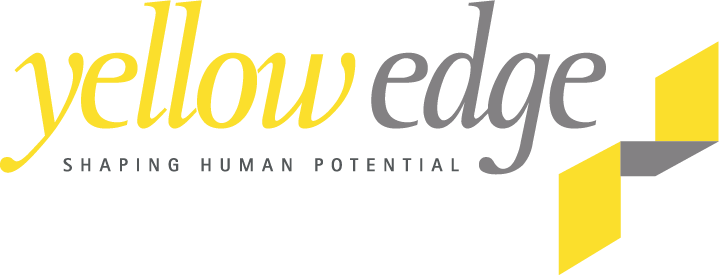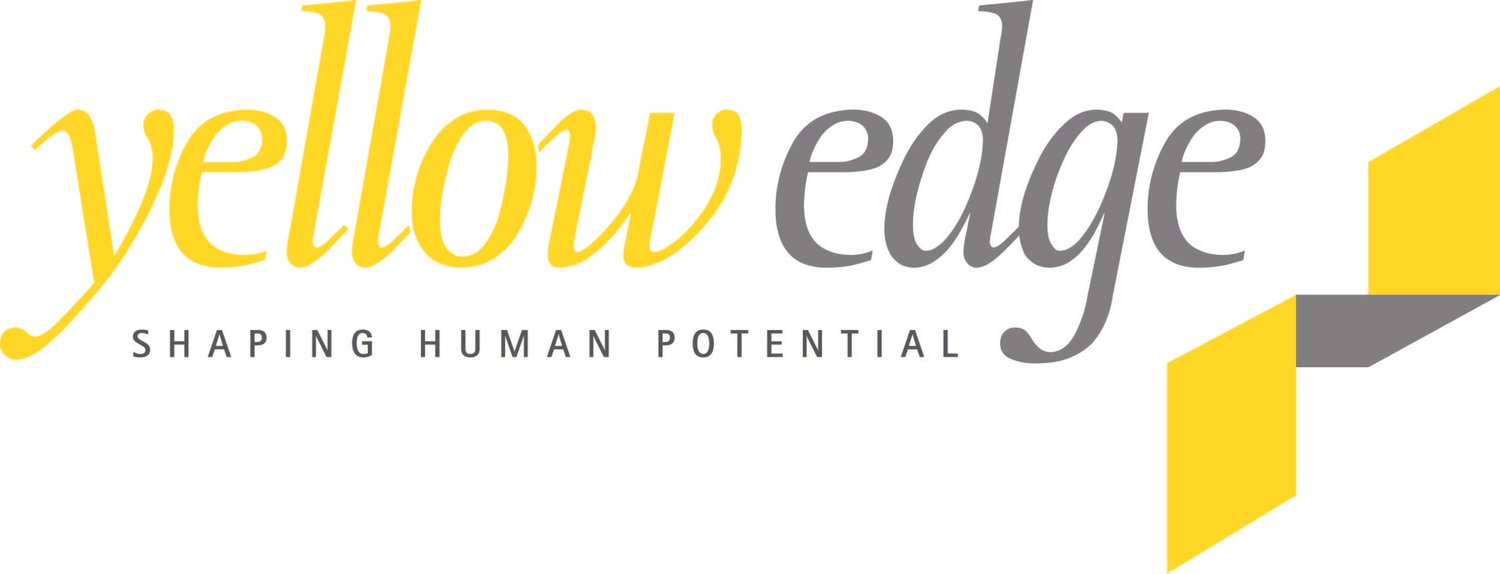58. How Do We Lead Through This?
by Andrew Simon
The latest findings in longitudinal research by Orima Research* on how people across Australia are feeling about COVID is sobering.
Called the COVID Recovery Tracker or CRT, the report finds:
The rapid emergence of Omicron has seen perceptions of impact, personal experience and mood fall instantly to their lowest levels throughout the entire pandemic. At no time since the CRT began tracking in the first weeks of the pandemic has the Australian community been at such a low point, or felt so personally impacted.
A variety of mood indicators have fallen sharply, including optimism and even the sense of coping, which has previously been amongst the most resilient indicators. The speed and magnitude of the fall in the January 2022 results suggest that the resilience of the Australian community has been greatly depleted by this cycle.
For much of the pandemic the majority of Australians had no personal experience of someone contracting COVID-19, but by January 2022 three quarters now know someone who has had it, including around a quarter who know someone who has been seriously unwell, hospitalised, or died of COVID-19.
Feelings of being unsafe have become highly prominent in early 2022, and a majority of Australians are currently feeling that their mental health has been affected.
Despite the community feeling so negatively impacted, there remains reasonably consistent comfort around opening up domestic travel. Comfort around international travel remains lower, but has also not dramatically fallen. However, the confidence people feel about doing a range of lifestyle activities has fallen away into January – reflecting the anecdotal perception that many people are choosing lockdown-like lifestyles.
How on earth do we lead through this? How do we find our way through all this depletion of energy and resilience? Many leaders will find it hard to motivate and inspire themselves in such an ongoing situation let alone being able to inspire the people they lead.
It feels really hollow to hear the general trope of needing to be optimistic or happy and that there is some sort of personal deficiency when one is not. Being optimistic is hard at the moment and trying to inspire or motivate others is especially hard at the moment. It feels like many of us are just languishing.
Perhaps the best we can do in such a situation is to continue to adapt. We have all been adapting and pivoting since the pandemic began, but if this is the new normal, that perhaps we need to be more intentional, ready and skilled at it. Adapting to the situation, may seem like a mundane, uninspiring response, but it represents a realistic kind of posture:
Adapting entails problem solving, resourcefulness, creativity, experimentation and course correcting (unlearning) when things don’t work. It entails being opportunistic and focused on the present, on the micro, on the doable and the short term, rather than on the macro and unpredictable long term. And it entails adapting what we already do well to meet emerging situations.
Adapting is a positive stance or posture, but without the emotional connotation. We can be optimistic, pessimistic or indifferent emotionally but still adapt. It certainly feels a more honest response to the current state of affairs than simply trying to be optimistic or resigning ourselves to pessimism for that matter.
However, enabling adaptability in our teams and organisations is a somewhat different kind of leadership task as it entails being comfortable with discontinuities, volatility, uncertainty, complexity and ambiguity. This requires unlearning traditional organisational leadership which has been about ensuring continuity, stability, providing certainty, establishing clarity of direction and the simplification of realities.
Adaptability has an intrapersonal dimension. Here adaptability is to do with grit, mental flexibility and the openness to unlearn. Adaptability is a feature of individual character and a consequence of how an interior life is managed as much as it is an applied capability. Adaptability is also impacted by the kinds of psychological, emotional and practical support that teams and organisations design and put in place for themselves.
Building capability, developing character and providing an appropriate environment are essential to enabling adaptive people, teams and organisations.
While it may be hard at the moment to motivate and inspire ourselves or others, we can certainly continue to adapt and to work with others to do so better.
*Orima Covid 19 Recovery Tracker Vol 17 (January 2022). Orima Research. Canberra. https://orima.com.au/covid-19-impact-and-recovery-research/
by Andrew Simon, Co-Founder and Chief Executive, Yellow Edge.
Yellow Edge is a local, privately owned Canberra based consulting company focused on helping individuals, teams and organisations to achieve high performance. Yellow Edge is a certified BCorp. BCorp companies make decisions that make a positive impact on their employees, customers, suppliers, community, and the environment. https://www.bcorporation.com.au/
Cover photo by Anna Tarazevich.


